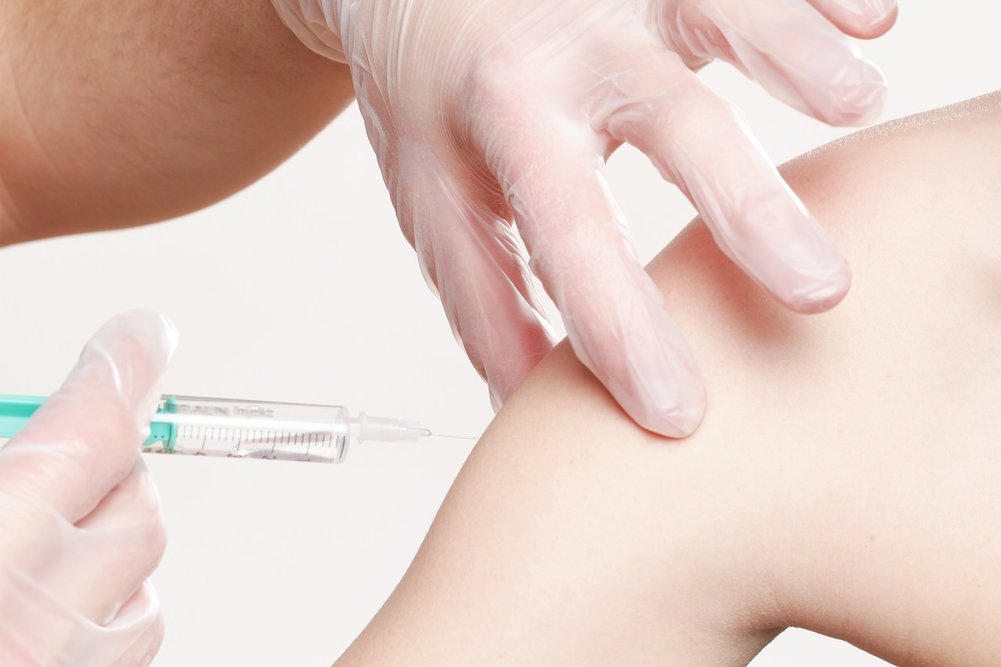The largest and most complex Ebola outbreak in the history has killed more than 11,000 people and sickened more than 15,000 others so far, according to the CDC. Most of the deaths happened in Sierra Leone, Liberia and Guinea.
Investigators all over the world are attempting to develop medicines and health products in order to protect people and prevent further spread of Ebola virus (EBOV). Several diagnostic kits to detect this emergent virus are already on the market and a mobile Ebola test is in development. However, there are still no proven treatments so far and even though a few experimental vaccines have been developed, proofs that proposed vaccines would definitely protect against EBOV are still lacking. At least until now. Latest reports from the two different studies indeed show promising results.

This was already proved in another study published two weeks ago in The Lancet. The same vaccine was tested on more than 7500 human individuals in Guinea which were in close contact with newly diagnosed Ebola patients and people who received doses without delay were 100% protected against the virus.
Despite optimistic results, there are already some speculations about real effectiveness of vaccine in human. The Conversation journal suggested three reasons which can make us doubt whether vaccine really worked or how well it worked. The reasons are the lack of placebo comparison, the way the investigators diagnosed vaccine failure and the possibility of statistical flukes. Read more about these speculations here.
What do you think? Should we really doubt in these promising results? Share your opinion with us at Facebook or Twitter.
By Katarina Kovac, PhD, Product Manager, BioSistemika LLC









